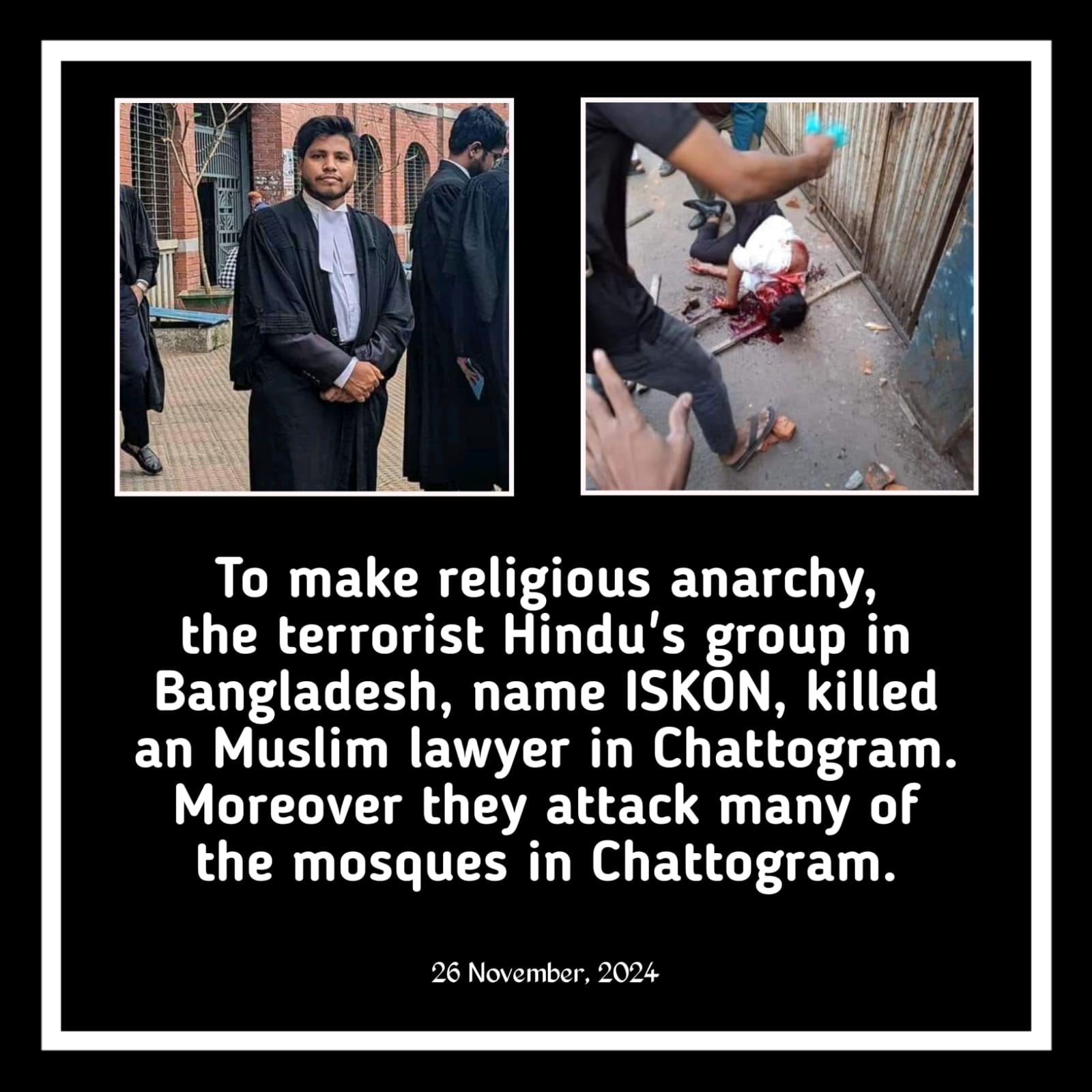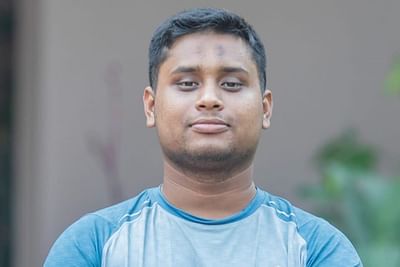Dhaka, Bangladesh – In a harrowing turn of events, the powerful words of a young girl from the quota reform movement have resonated across the nation: “I have told my father if I die, do not pick up my dead body from the street.” This young girl later died at the hands of Sheikh Hasina’s police force, igniting a firestorm of protest and sorrow among students and citizens alike.
A video circulating on YouTube captures the intensity of the situation. In the footage, several female students are seen giving emotional interviews to TV reporters. One male student declared, “If necessary, I will be a martyr and will not go home until there is reform in the quota system, God willing.” Another female student boldly stated, “We, the female students, will not take refuge in our homes. Everyone will come out, and all the students from all the universities will unite in the protest.”
The government’s attempt to instill fear among the students seems to be failing, as one girl asserted, “The government is trying to inflict fear in us, but this will not be successful. Their efforts will go in vain. The way students were beaten, the way our brothers were tortured—I myself was also injured—yet I came to attend the protest today. This proves that their actions did not keep us from joining the protest again.”
The resilience and determination of the students are palpable. Another student emphasized, “When students of Dhaka University start a movement, it never fails. This will not fail as well. That is why I told my father that if I die today, do not pick up my body from the street. When the students celebrate their victory, only then should my body be picked up after the victory march and then bury me.”
The brutality of the attacks on the students by Chhatra League, the student wing of the ruling Awami League, has shocked the nation. One female student commented, “By beating the female students, Chhatra League has shown the lowest of their character, unprecedented even during the Pakistani invaders.”
From the beginning, the movement has been non-political and student-led, garnering support from the entire nation. The violence inflicted by Chhatra League, allegedly with political backing, is seen as an attempt to politicize the movement. Recently, Prime Minister Sheikh Hasina claimed to have ensured a proper educational environment at Dhaka University by providing books and writing pads. However, just a day later, her student wing workers discarded those educational materials and attacked innocent students with sticks, batons, and weapons.
“They tried to call it a clash, but what clash? Only Chhatra League had hockey sticks and iron batons, while we were unarmed,” said a female student. “Chhatra League beat us like animals, devoid of any human decency. They even beat the girls and threw stones at them. This is not Bangladeshi culture. We general students have no access to weapons and do not know how to use them, but Chhatra League has weapons and training and is using them regularly against innocent people.”
The persistence of the protest is evident. Another student, reflecting on their participation in both the 2018 and 2024 protests, stated, “I was with the protest in 2018 and joined again in 2024. Now, when my brothers have been killed, the authority expects us to go home. That can never happen. We never said that the quota system had to be abolished. We demanded reform. Prime Minister Sheikh Hasina whimsically abolished it and then reinstated it through the judiciary. I am not afraid to die; I will be a martyr if that is necessary but will only go home once the reform is initiated.”
The female students, bearing the brunt of the violence, question the government’s inaction. “General students were beaten mercilessly by Chhatra League. This news is definitely known to the government, so why is it not taking action against the culprits?” asked one female student. “Our Prime Minister is a female, and now female students are beaten badly, but they are not taking any steps to ensure justice. We are not here for an anti-government movement; we are citizens of this country fighting for our rights.”
As the protests continue to gain momentum, the call for justice and reform grows louder. The students remain steadfast in their demand for a fair and merit-based quota system, undeterred by the threats and violence they face.










